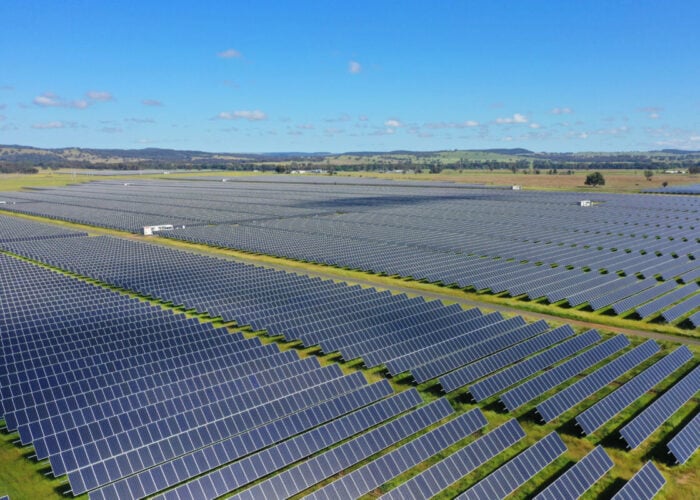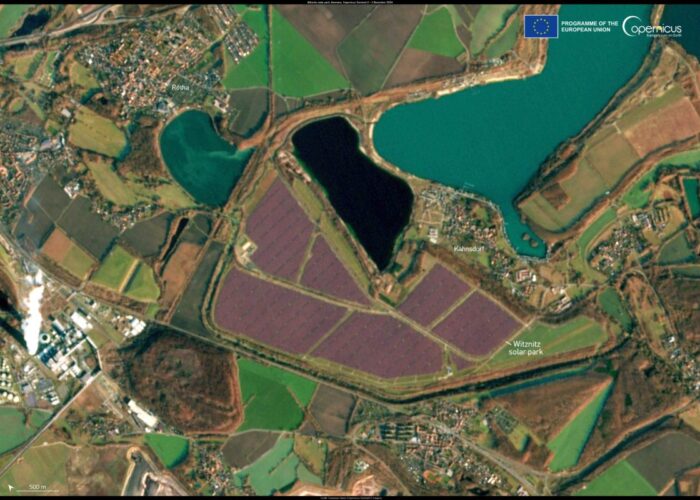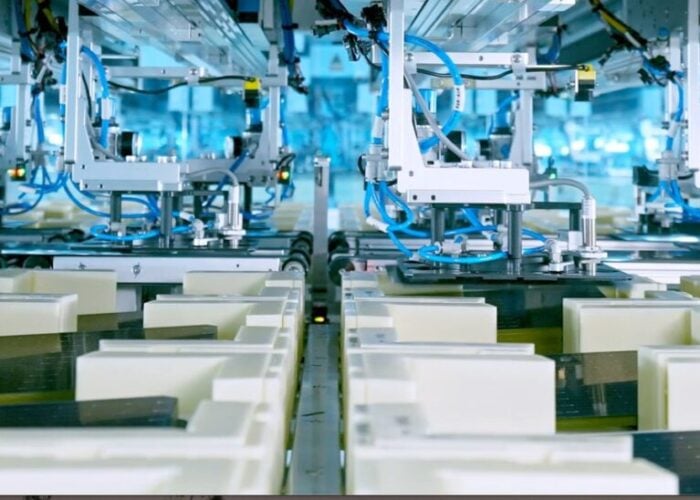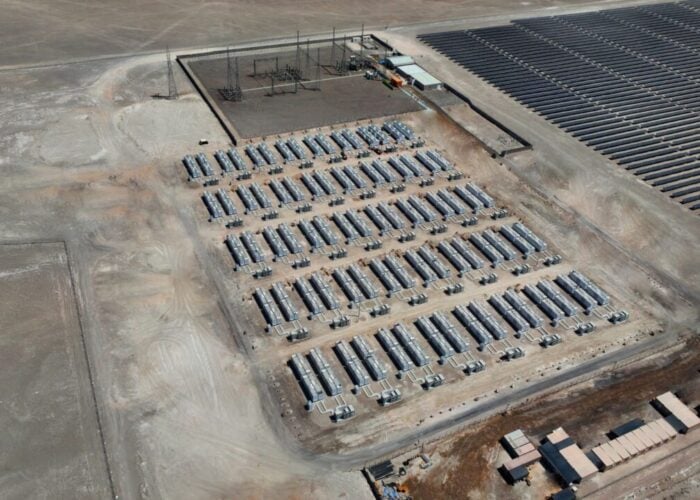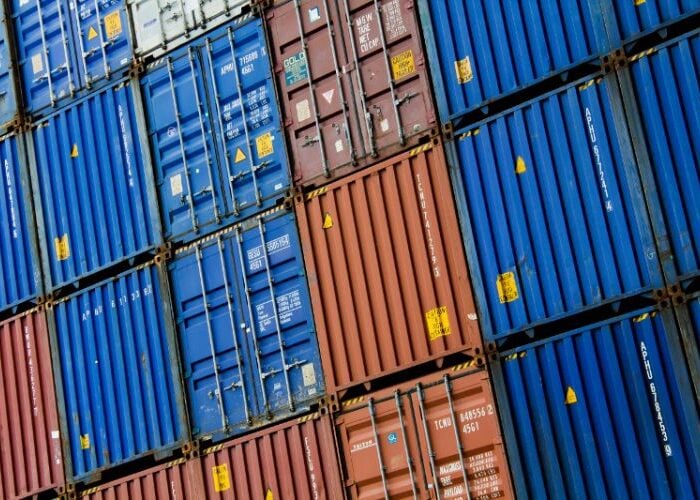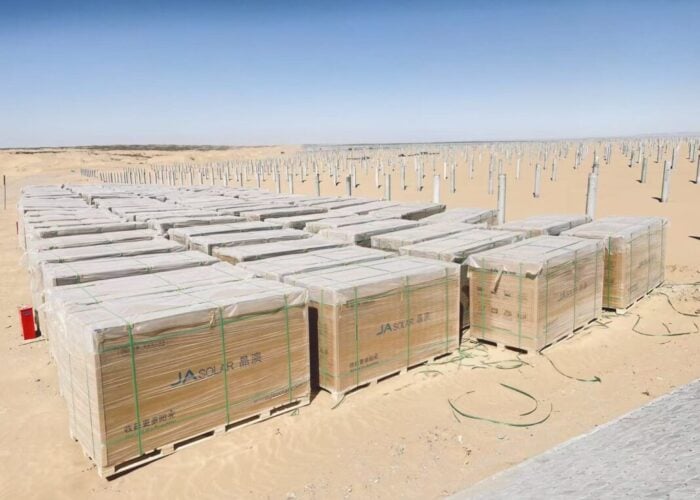The Austrian government has doubled its renewables budget to €50 million for 2013 and set to decrease by €1 million annually. Economy and energy minister Reinhold Mitterlehner, social minister Rudolf Hundstorfer and environment minister Nikolaus Berlakovich have introduced a combination tariff and grant scheme.
From the second quarter 2012, BIPV systems in Austria will receive a tariff of €0.197 per kWh on top of a grant towards 20% of the investment costs worth up to €200 per kW. The government believes this will open up the market to those less well-off through a cost-effective low-voltage network and new smart meter technology.
Unlock unlimited access for 12 whole months of distinctive global analysis
Photovoltaics International is now included.
- Regular insight and analysis of the industry’s biggest developments
- In-depth interviews with the industry’s leading figures
- Unlimited digital access to the PV Tech Power journal catalogue
- Unlimited digital access to the Photovoltaics International journal catalogue
- Access to more than 1,000 technical papers
- Discounts on Solar Media’s portfolio of events, in-person and virtual
Or continue reading this article for free
However, the FiT for new plants of over 500kW has been terminated, due to a dwindling budget, insists the government.
Falling PV panel prices has led the Austrian government to announce a degression of 8% each year. The FiT for BIPV in 2013 has been set at €0.182. Ground-mount installations currently receive €0.1843. At the start of next year, the FiT will drop by around 10% to €0.1659 per kWh.
Economy and energy minister Mitterlehner states, “With our expansion campaign we support economically viable projects on the way to market. We want to expand the share of renewables in Austria, but also reduce the cost burden for households, businesses and industry.
“We assume that the reduced rates, due to the decreased cost of the plants, will be well received by the industry. Through the efficient use of funds, we can promote grid connection by doubling funding volume significantly,” continued Mitterlehner.
“Surveys show that Austrians are willing to pay more for sustainable electricity. Simultaneously, we must avoid an uncontrollable proliferation of the PAYG system. Therefore we limit, unlike in Germany, the annual volume and therefore the cost,” says Mitterlehner.
The government estimates that an average household in Germany pays, on average, €144 for green energy. However, in Austria, customers only pay €36.

